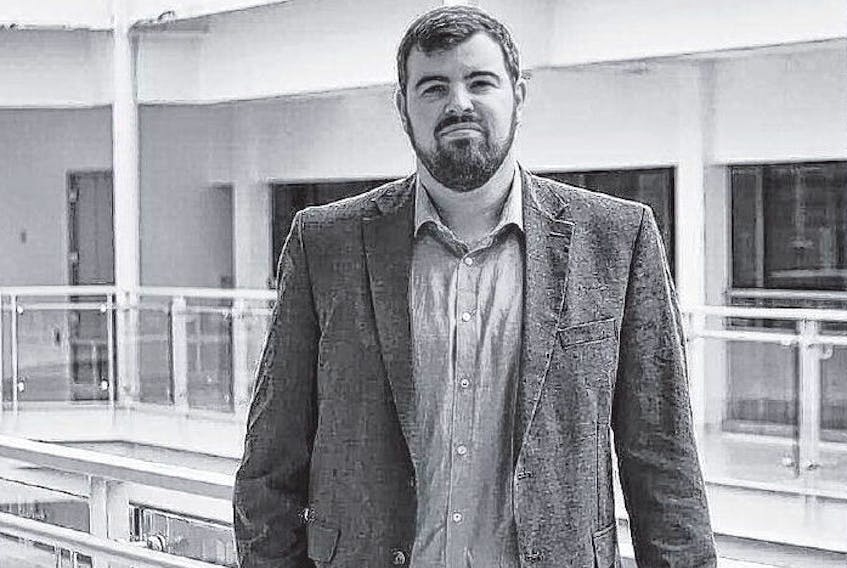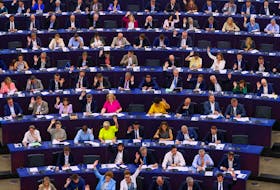Tell the truth: Have you ever lied in a job interview?
If a recent study co-authored by a Saint Mary’s University professor can be trusted (we’ve checked, he’s legit), most of us have stretched reality while selling ourselves to a potential employer.
“We look at different types of deceptive behaviours,” said Nicolas Roulin, an associate professor of Industrial/Organizational Psychology at Saint Mary’s University in Halifax. “Some of them are maybe more mild or slight lies . . . exaggerations, embellishments. You speak a little bit of a language but you pretend you speak it fluently for instance.
“We also look at more severe behaviours that for instance, making up qualifications, inventing experiences and so on. . . . Fortunately the mild deceptions are more used than the more severe ones but we still have people engaged in sometimes the more severe behaviours.”
Roulin and Joshua Bourdage, an associate psychology professor at the University of Calgary, studied the behaviour of 1,470 job applicants in North America for five years. They gathered data from job seekers in the United States through online questionnaires while in Canada they surveyed students in their senior year who had done interviews for internships or jobs.
About 60 per cent admitted to smaller scale duplicity such as embellishing their skills.
But between 18 to 20 per cent confessed to more serious deceptions such as inventing job experiences.
It might seem obvious why people lie during a job interview (they want the job) but the researchers concluded that it’s more complicated than that. The factors can involve the interviewee’s personality and the nature of the interview.
Longer interviews in which people had more of a chance to expand on their experience and qualifications resulted in more honest behaviours, Roulin said.
The types of questions also came into play. For example, interviewers who stuck with old chestnuts like ‘what are your strengths and weaknesses?’ often elicited less honest answers because the interviewees were prepared with stock answers like ‘my weaknesses, oh, I’m too perfectionist.’ As for personality, prospective employers should keep a close eye on the quiet and reserved folks.
“What we found is individuals who are more extroverted, that are more conscientious and are more experienced and have better prepared for an interview (tend to) use more of the honeststrategies,” said Roulin, who also works as a consultant for companies in employee selection and assessment.
“While those who are more introverted, lessconscientious, less prepared, and maybe less experienced, they go in the interview and apparently they tend to be less confident. They perceive the interviewer to be more difficult for them and then they use the deceptive strategy as a way to kind of cope with the situation and deal with the anxiety that can arise because of the situation.”
Instead of thinking up ways to pad your resume, job applicants should put time into preparation. Research the job you’re seeking, the employer and if possible, the people who will be conducting the interview.
“What kind of things they’re producing or selling, what are the values, what is the culture,” he said. “So when you go to the interview, you’re kind of prepared, you say, ‘I notice this organization has these values and I really share them’ and you can start building and make a good impression rather than having to rely on deception.”
Roulin admits the irony of urging truth in employmentseeking when American media keep a running tally of the lies told by the man who managed to win the top job in their country.
“It’s difficult to argue that honesty is the best policy when you see what’s going on south of us, right?” he said with a chuckle. “What’s going on down there is more fluke than the general kind of trend that we’ll see for all types of job applicants.”









